Analyzing The Possible Candidates To Succeed Pope Francis
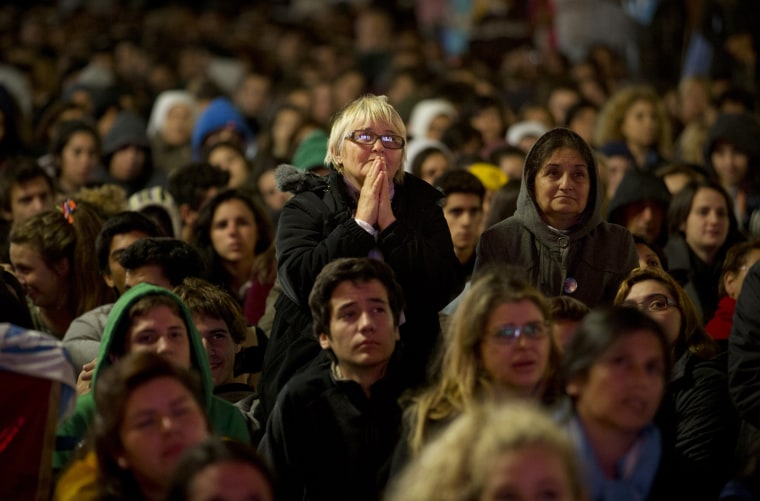
Table of Contents
Key Cardinals and Their Theological Perspectives
The election of a new Pope rests with the College of Cardinals, a body of high-ranking clergymen appointed by the Pope. Understanding their theological viewpoints is crucial in analyzing the possible candidates to succeed Pope Francis. These cardinals represent a spectrum of thought within the Catholic Church, ranging from conservative to progressive. Let's profile a few prominent figures:
-
Cardinal Luis Francisco Ladaria Ferrer (Spain): A leading figure in the Congregation for the Doctrine of the Faith, Cardinal Ladaria represents a more conservative theological viewpoint. His expertise in canon law and deep understanding of Church tradition make him a strong contender.
- Key Theological Positions: Emphasis on traditional doctrines, cautious approach to liturgical reforms.
- Pastoral Experience: Extensive experience in theological academia and Vatican administration.
- Potential Strengths: Strong doctrinal understanding, experienced administrator.
- Potential Weaknesses: Less emphasis on social justice issues compared to some other cardinals.
-
Cardinal Michael Czerny (Czech Republic): Known for his dedication to social justice and migration issues, Cardinal Czerny embodies a more progressive theological approach within the Church. His work with migrants and refugees aligns with Pope Francis' emphasis on compassion and solidarity.
- Key Theological Positions: Strong advocacy for social justice, environmental stewardship, and dialogue with other faiths.
- Pastoral Experience: Extensive work in refugee aid and social justice initiatives.
- Potential Strengths: Appeals to a younger generation of Catholics, strong focus on social issues.
- Potential Weaknesses: His progressive views might face resistance from more conservative factions.
-
Cardinal Pietro Parolin (Italy): As the current Secretary of State, Cardinal Parolin is a key figure in the Vatican's administration. His moderate stance positions him as a potential bridge between different theological viewpoints within the Church.
- Key Theological Positions: Emphasis on diplomacy and ecumenism, a moderate approach to social and theological issues.
- Pastoral Experience: Extensive diplomatic experience in the Vatican's diplomatic corps.
- Potential Strengths: Experienced administrator, well-connected within the Church hierarchy.
- Potential Weaknesses: His moderate stance might lack the strong ideological appeal of more conservative or progressive candidates.
Geographical Representation and Global Considerations
The election of the next Pope necessitates a careful consideration of geographical representation. Global Catholicism comprises diverse cultures, languages, and theological traditions. Analyzing the possible candidates to succeed Pope Francis requires evaluating how well they represent this global balance.
- Current Geographical Representation: The College of Cardinals currently includes representatives from various regions, but European cardinals still hold a significant majority.
- Likelihood of a Non-European Pope: The possibility of a Pope from Africa, Asia, or Latin America is increasingly discussed, reflecting the growth of the Catholic Church in these regions.
- Balancing Regional Representation: Choosing a successor requires balancing regional representation with theological considerations and administrative capabilities. A candidate from a region with significant growth could send a powerful message of inclusivity.
Political and Social Considerations
The Catholic Church operates within a complex global political landscape. The next Pope’s stances on various social and political issues will significantly shape the Church's influence. Analyzing the possible candidates to succeed Pope Francis demands a careful evaluation of their views on:
- Key Social and Political Issues: Climate change, economic inequality, migration, LGBTQ+ rights, and the role of women in the Church are all critical considerations.
- Impact on Global Influence: The next Pope's policies on these issues will influence the Church’s global image and relationships with various governments and organizations.
- Church Governance: Different candidates may advocate for varying approaches to Church governance, ranging from centralized authority to more decentralized decision-making.
The Impact of Pope Francis' Legacy
Pope Francis' papacy has profoundly impacted the Church. His emphasis on social justice, environmental stewardship, and a more inclusive approach to governance will undoubtedly shape the selection criteria for his successor. Analyzing the possible candidates to succeed Pope Francis also involves determining whether future leaders will continue or modify his reforms. Will his successors maintain his progressive approach, or will a return to more traditional ways of governance emerge? The answers to these questions will significantly influence the future direction of the Catholic Church.
Conclusion: Summarizing the Potential Successors to Pope Francis
This exploration of analyzing the possible candidates to succeed Pope Francis has highlighted the complexities involved in choosing the next Pope. The candidates represent a range of theological viewpoints, from conservative to progressive, and hail from various regions across the globe. Their political and social stances will undoubtedly shape the future trajectory of the Catholic Church. Ultimately, the selection will require a delicate balance between theological considerations, regional representation, and administrative capabilities. The legacy of Pope Francis will undoubtedly weigh heavily on the decision-making process.
We encourage you to share your thoughts on the potential candidates and continue this crucial conversation about the future direction of the papacy. To delve further into this topic, explore resources from the Vatican website and reputable Catholic news organizations. Let’s continue the conversation – who do you think will be the next Pope? Join the discussion and share your analysis of the possible candidates to succeed Pope Francis!

Featured Posts
-
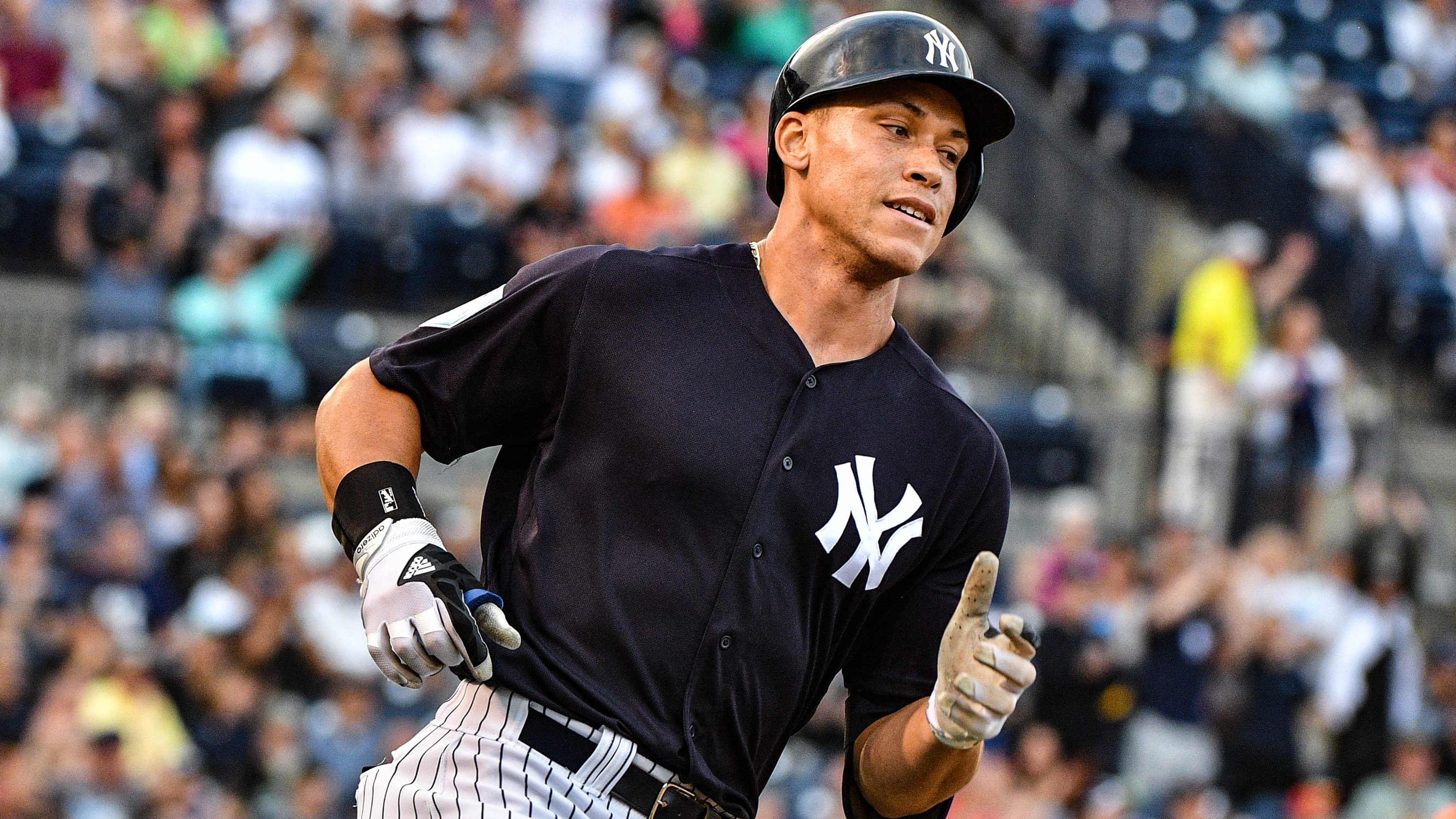 Aaron Judge And The Yankees Lineup A Look At Boones Decisions
May 12, 2025
Aaron Judge And The Yankees Lineup A Look At Boones Decisions
May 12, 2025 -
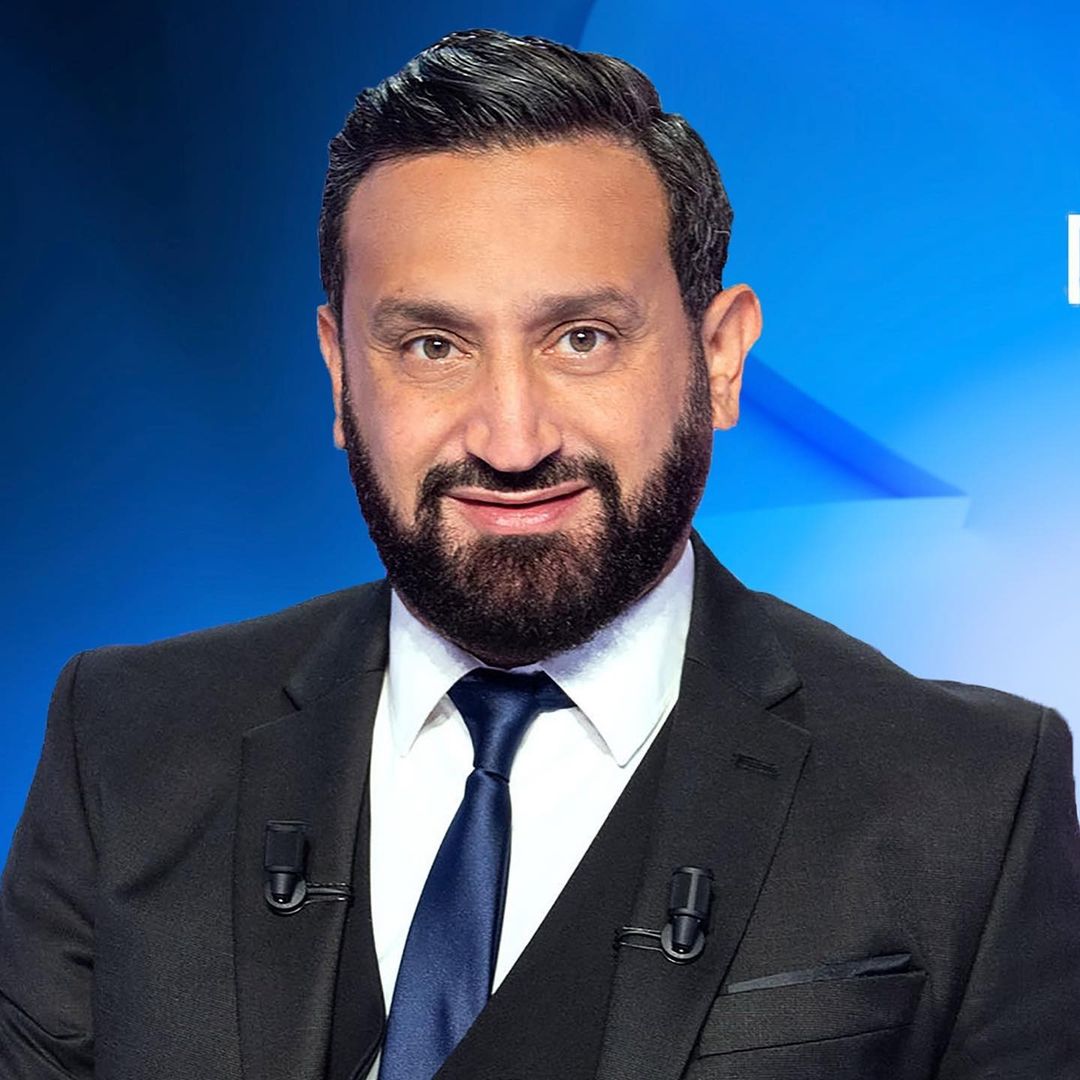 L Arrivee De Hanouna Sur M6 Les Coulisses Et La Reaction D Un Animateur Vedette
May 12, 2025
L Arrivee De Hanouna Sur M6 Les Coulisses Et La Reaction D Un Animateur Vedette
May 12, 2025 -
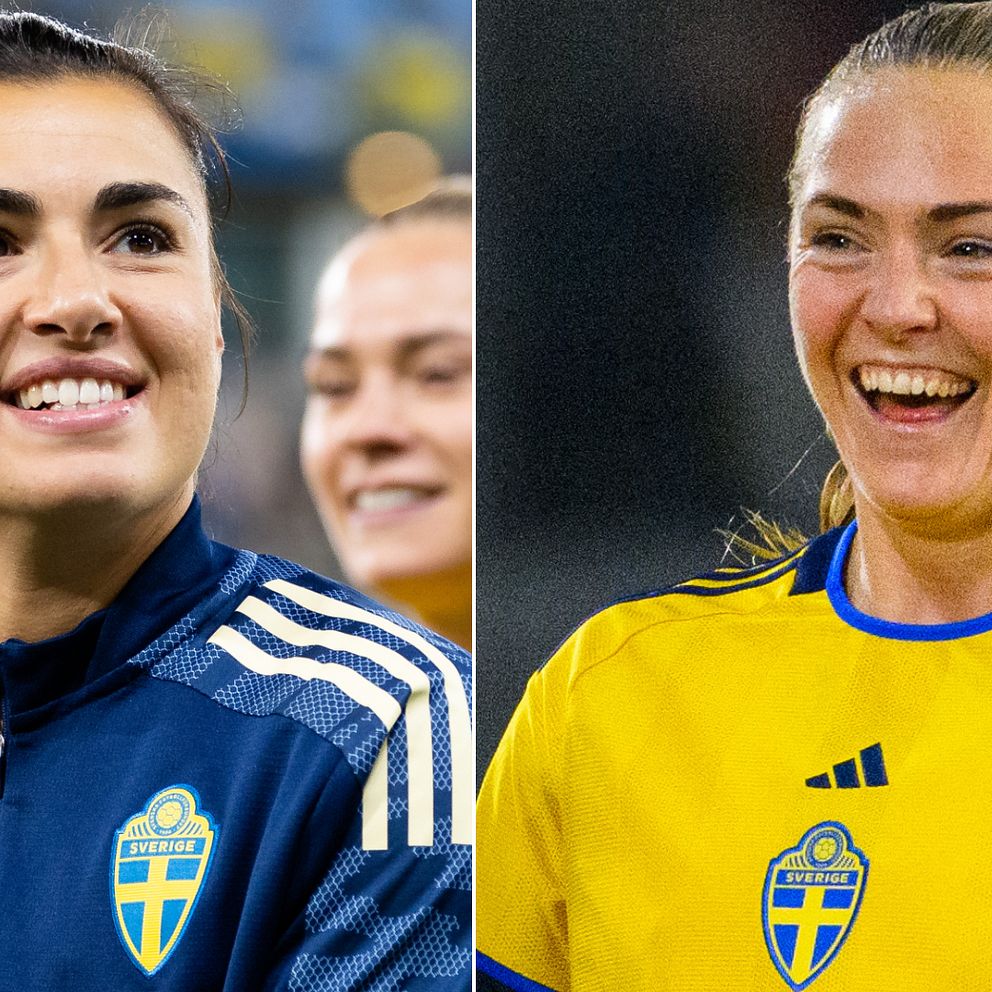 Rykte Thomas Mueller Pa Vaeg Till Major League Soccer
May 12, 2025
Rykte Thomas Mueller Pa Vaeg Till Major League Soccer
May 12, 2025 -
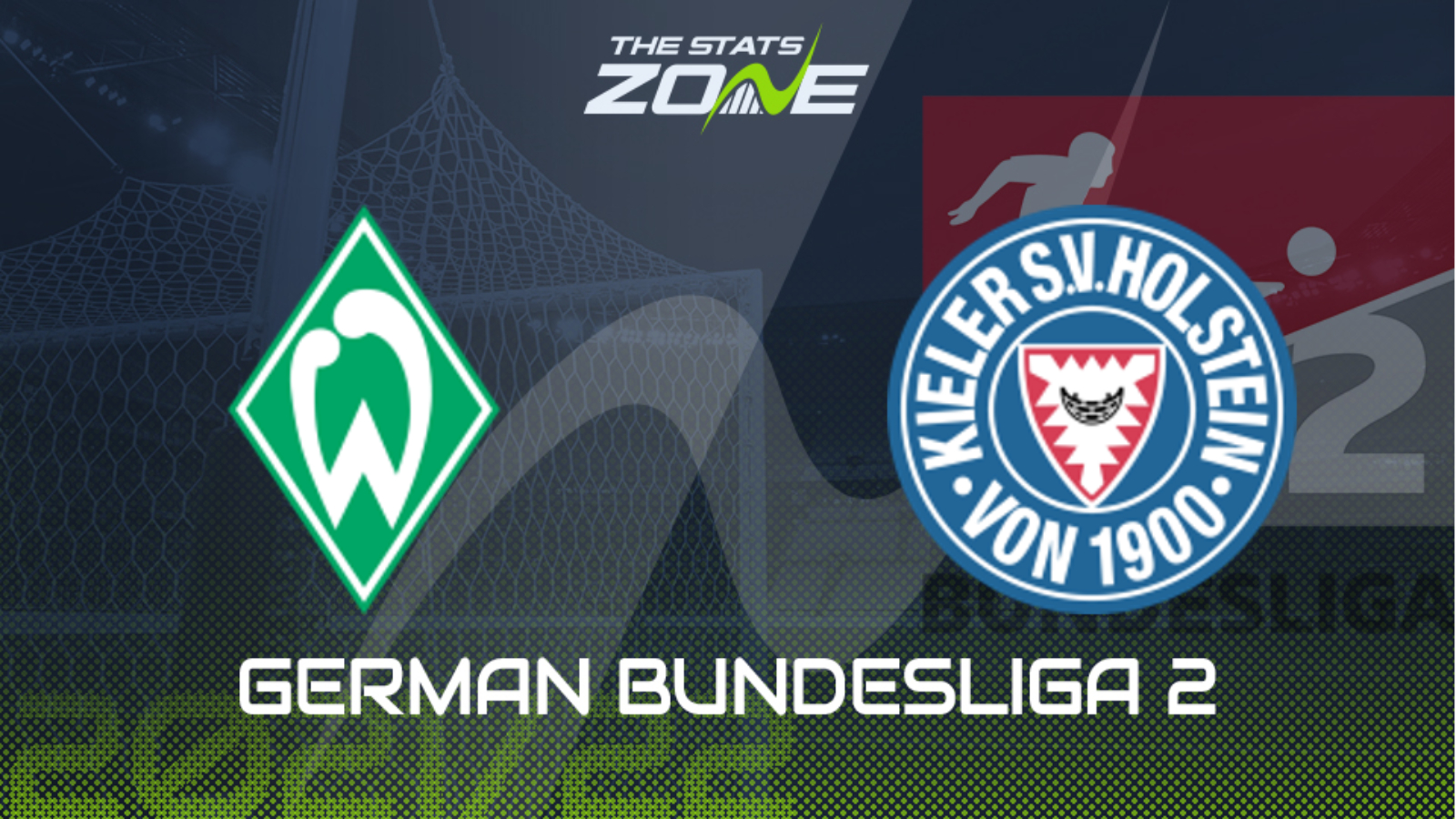 Werder Bremen Dominates Holstein Kiel A Resounding Victory
May 12, 2025
Werder Bremen Dominates Holstein Kiel A Resounding Victory
May 12, 2025 -
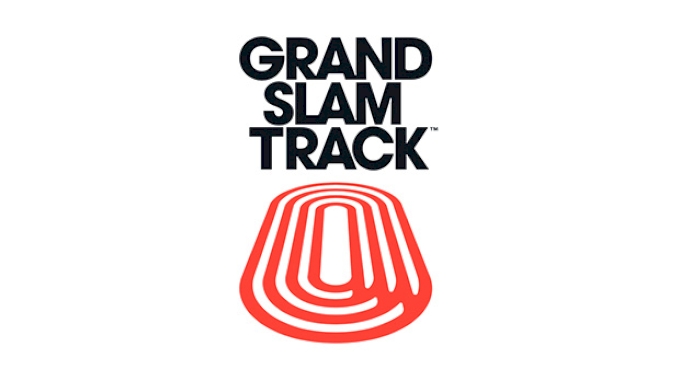 Ofili Finishes Third In Inaugural 100 000 Grand Slam Track Race
May 12, 2025
Ofili Finishes Third In Inaugural 100 000 Grand Slam Track Race
May 12, 2025
